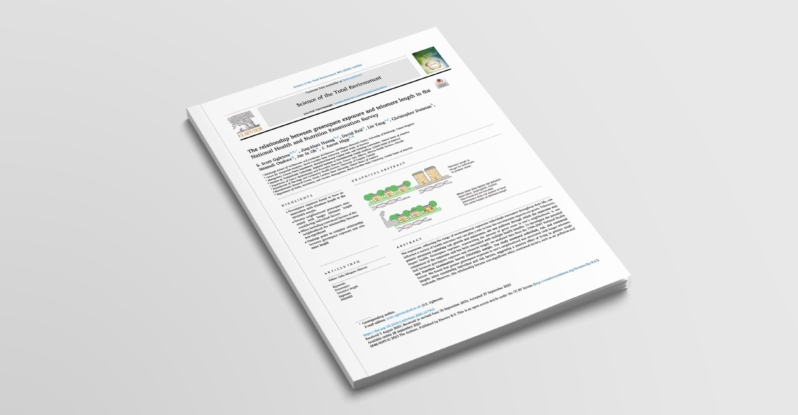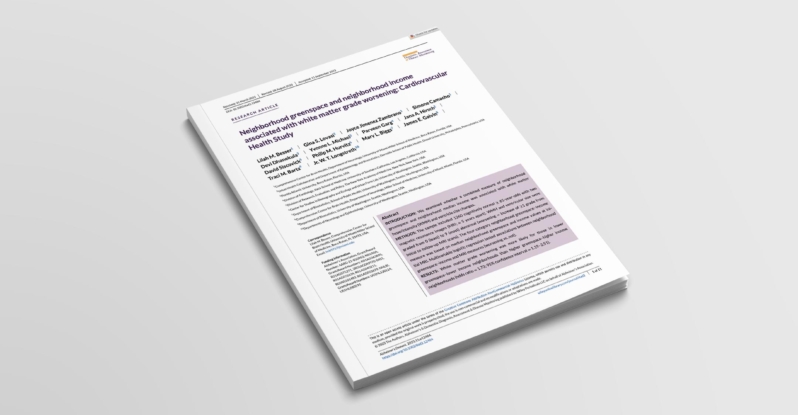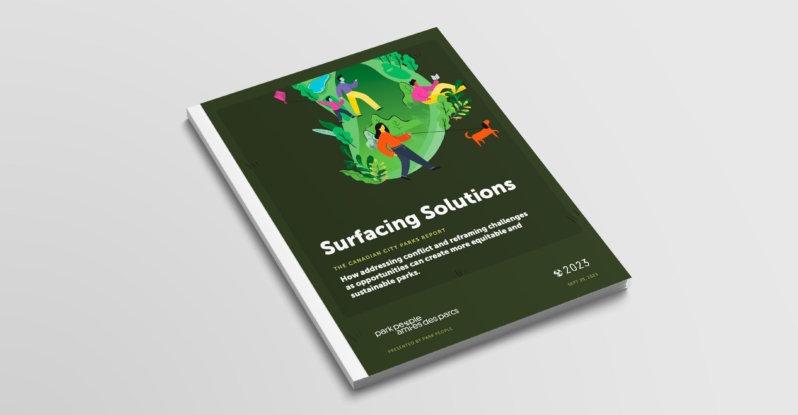Key Finding
- The creation and maintenance of healthy communities require a holistic approach that addresses all aspects of residents’ lives.
Organization description
The mission of the Metro Public Health Department is to protect, improve, and sustain the health and well-being of all people in Metropolitan Nashville. In order to identify the top priority community health issues, the Metro Public Health Department hosted a participatory community health assessment using the Mobilizing for Action through Planning and Partnerships (MAPP) framework. Using the input from the thousands of Nashville citizens who participated in the process, the Healthy Nashville Community Health Improvement Plan (CHIP) was created. CHIP focuses on addressing three key systems issues (Advancing Health Equity, Supporting Mental and Emotional Health, and Maximizing Built and Natural Environments) over the next five years in order to improve the health and quality of life of all Nashville citizens. The Healthy Nashville Leadership Council was established to mobilize community initiatives to achieve improvements in health and acts as the advisory body for the community health assessment process (MAPP). The Metro Public Health Department serves as the facilitator for the Council. The ultimate vision of the Healthy Nashville Leadership Council for community health assessment process is as follows:
“A healthy Nashville has a culture of well-being, where all people have the opportunity and support to thrive and prosper.”
Program description
Started in 2011, NashVitality is a communications strategy that acts as a “brand” for everything that fosters the creation and maintenance of healthy, active, and green communities in Nashville, Tennessee. While the three main categories of NashVitality (“Healthy,” “Active,” and “Green”) emphasize different factors that contribute to a high quality of life, these categories often overlap and interact with each other and can be found in all the places where people live, work, learn, worship, and play.
The main focus of “Healthy” is to ensure that all communities have easy access to nutritious foods, so that healthy options are readily available for each meal. This includes highlighting organizations, resources, and initiatives to improve school food options, to create a school garden system, to encourage breastfeeding, to offer “Healthy Workplace” toolkits and resources, to get citizens connected to projects such as the Nashville Urban Farm, the Nashville Food Project, and Good Food for Good People, and to inform citizens about the current programs working to improve access to healthy food, e.g. REAL Certified, the Nashville Food Policy Council, and Health in All Policies. “Green” facilitates efforts to make energy efficient homes, to expand parks and greenways, to plant trees and gardens, and to increase recycling. “Active” is dedicated both to physical activity and to connecting people with opportunities to be active members of their local communities. This includes increasing Nashville’s walkability and bikeability, ensuring that all citizens can safely and conveniently recreate, and encouraging citizens to take advantage of Nashville’s existing 94 miles of greenways, 133 miles of bike routes, and 13,000 acres of open space (including 121 parks and 19 greenways).
In order to inspire Nashville residents to be “Active,” Mayor Karl F. Dean invited them to join him in several challenges, including the Mayor’s Field Day with the Tennessee Titans, Mayor’s Challenge 5K Walk/Run, and 100 Miles with the Mayor. All of these challenges were free of cost to participants and highlighted many areas throughout the city where individuals can be healthy and active. Additional, free training sessions for novice walkers/runners were provided through partnerships with the Metro Parks Department and the YMCA of Middle Tennessee to help participants prepare for the Mayor’s Challenge 5K. 100 Miles with the Mayor consisted of several events for walking, biking, and paddling across Davidson County.

To facilitate biking, NashVitality encourages residents to capitalize on Nashville B-Cycle and the Nashville GreenBikes programs. Nashville B-Cycle is a city bike share program, which has 30 convenient B-stations and 263 bright red bikes, all located within three miles of downtown. Nashville GreenBikes is a free bike share program intended to facilitate Nashville residents’ exploration of the city’s many parks, greenways, and city streets. Located at 6 community centers, GreenBikes are directly linked to 94 miles of greenways and 133 miles of on-road bike lanes and shared-use bike routes.

A row of GreenBikes ready to be ridden!
The NashVitality Mobile App, offered for both iOS and Android platforms, is a convenient way for citizens to engage with NashVitality. The app allows users to check out the latest NashVitality news and upcoming events, to record walking or running workouts, to find interactive maps for walking, hiking, biking, water access and more, and to locate Parks, Metro Greenways, Community Centers, Nature Centers, Sports Facilities, Playgrounds, Dog Parks, and Green Features (such as where to recycle). An “Explore Near Me” feature is available for users to access NashVitality resources on the fly. NashVitality also offers a NashVitality Wellness Portal, a website where one can create a personal profile to track one’s total mileage, to create or join walking groups, to check the schedule of activities for 100 Miles with the Mayor, and to peruse a blog with articles and tips for healthy eating, weight management, general physical health, mental health, and being active and getting outdoors.
 A crowd of Nashvillians races with the mayor; photo copyright Metropolitan Government of Nashville/Gary Layda
A crowd of Nashvillians races with the mayor; photo copyright Metropolitan Government of Nashville/Gary Layda
NashVitality Partners are city and state government entities, community groups, small businesses, and national corporations that support the NashVitality goal of assisting all Nashville residents in living healthy, active, and green lives. Located around the city in every sector, these partners are identified by “NashVitality Happens Here!” yard signs, decals, posters, sidewalk stencils, and banners. In addition to fostering a collaborative spirit, the NashVitality Partners program also increases awareness of the many resources and opportunities available to Nashville residents.
Program goals/issues addressed
NashVitality was initially funded by the Communities Putting Prevention to Work (CPPW) grant, which is a part of the American Recovery and Reinvestment Act of 2009. The primary goal of CPPW was to address obesity, which is one of the leading preventable causes of premature death and disability.
Therefore, the NashVitality “brand” serves to highlight and to encourage all places, organizations, initiatives, and programs that contribute to the goal of all Nashville citizens having convenient access to nutritious foods and to safe, inviting places to be active.
Results achieved/impact:
In 2011, 2012, and 2014, Mayor Karl Dean issued a “Walk 100 Miles with the Mayor” city-wide campaign (similar to the 100 Miles with the Mayor campaign of 2015). Over 5,000 Nashvillians participated in 2011 and 2012 and logged a collective total of more than 120,000 miles. During the 2014 campaign, 70 walking groups were formed, 2,300 Nashvillians participated, and a collective total mileage of over 69,000 was walked.
The Mayor’s Challenge 5K Walk/Run has garnered over 5,000 participants every year from 2011 to 2014.
From 2012 to 2014, the Mayor’s Field Day with the Tennessee Titans has engaged over 11,000 participants of various fitness levels.
The Mayor’s Workplace Challenge was launched in spring of 2012 and has engaged over 260 business, reaching a total of more than 120,000 employees.
Funding Sources and Partnerships:
- Metro Public Health Department (MPHD)
- Communities Putting Prevention to Work grant, awarded to Nashville by the Department of Health and Human Services, as part of the American Recovery and Reinvestment Act of 2009
- The full list of CHIP partners can be found on the Healthy Nashville website
Contact:
Tracy Buck, MS, RDN
[email protected]
615-340-5321



